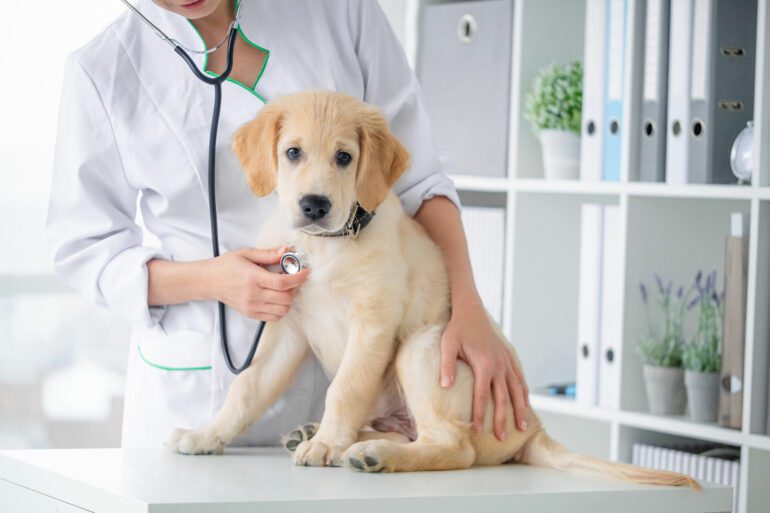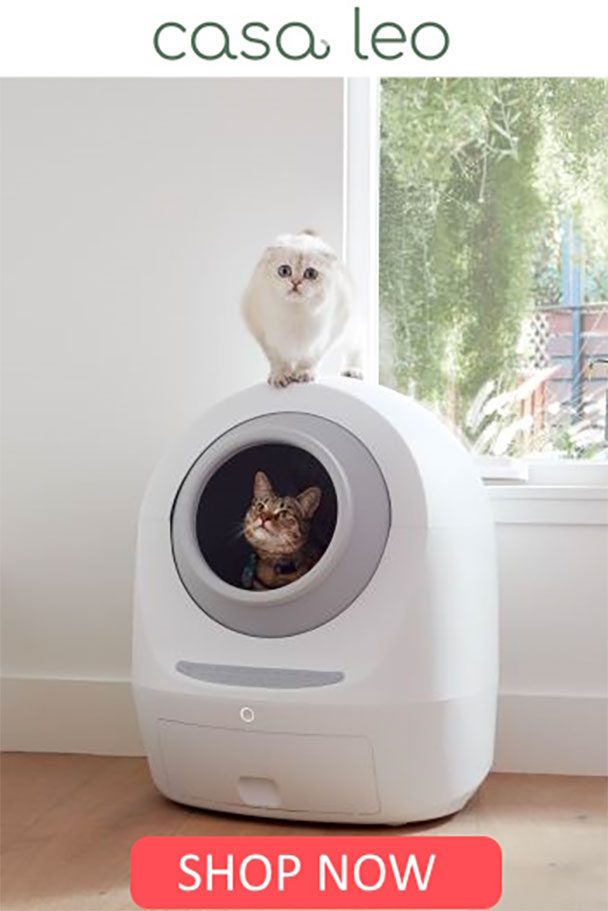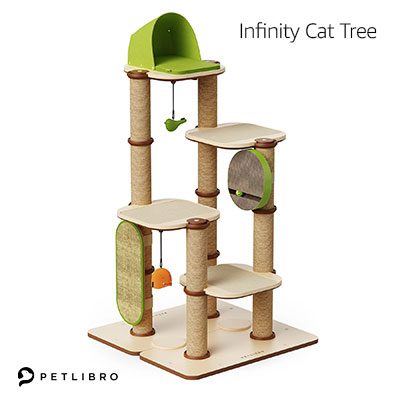When it comes to the health and well-being of our pets, nothing is more important than ensuring they receive the right veterinary care. Pets are more than just animals; they are family members who bring joy, companionship and love into our lives. Therefore, it's our responsibility to ensure they get the best care possible.
Regular Check-Ups: The Foundation of Pet Health
Regular veterinary check-ups are essential in maintaining your pet’s health. These visits enable veterinarians to perform comprehensive physical examinations, ensuring your pet is in good health. They assess everything from heart and lung function to joint mobility and coat condition. These check-ups also provide an opportunity to update vaccinations, which are crucial for preventing various infectious diseases.
The value of these check-ups lies in the early detection of potential health issues. Conditions like obesity, dental disease or arthritis, when identified early, can be managed more effectively, leading to better long-term health outcomes for your pet. For example, early signs of dental disease can be addressed with professional cleaning or changes in diet, preventing more serious complications later.
Moreover, regular visits help establish a baseline of your pet’s health, which can be invaluable for tracking changes over time. This ongoing record aids in quicker diagnoses and more tailored treatments, ensuring your pet receives the best care possible throughout their life.
The Role of Nutrition and Preventive Care
Nutrition is a cornerstone of your pet’s overall health. A balanced diet, specifically tailored to your pet’s age, breed and health status, is essential for maintaining optimal health. This includes the right balance of proteins, fats, carbohydrates, vitamins and minerals. For instance, puppies and kittens require diets rich in protein and calories to support their growth, while older pets may benefit from lower-calorie diets to maintain a healthy weight.
Preventive care extends beyond nutrition. Regular deworming and consistent flea and tick control are vital in protecting your pet from common parasites that can affect their health and comfort. These measures not only keep your pet free from discomfort but also prevent the spread of parasites to other pets and, in some cases, to humans. Additionally, preventive care includes regular dental cleanings and at-home dental care, which are important for preventing dental diseases that can lead to more serious health issues if left untreated.
Incorporating a well-rounded approach to nutrition and preventive care is key to ensuring your pet leads a healthy, fulfilling life. By addressing these aspects, you are taking proactive steps to minimize the risk of health problems and enhance the quality of life for your beloved pet.
Recognizing the Signs of Illness
As a pet owner, being able to recognize the signs of illness is essential for the timely and effective care of your animal companion. Common indicators of illness include changes in appetite, behavior or energy levels. For instance, a decrease in appetite or a sudden increase in lethargy can be early signs of a health issue. Similarly, changes in behavior, such as increased irritability or a lack of interest in usual activities, can also signal that something is amiss.
Other symptoms to watch for include physical changes like unexplained weight loss or gain, difficulty in breathing, persistent coughing, vomiting, diarrhea or changes in urination habits. It’s also important to look out for any visible signs of discomfort or pain, such as limping or excessive grooming. These signs, while sometimes subtle, can indicate underlying health problems that require veterinary attention.
Prompt consultation with your veterinarian when you notice any of these symptoms is vital. Early diagnosis and treatment can significantly improve the chances of a successful outcome and can prevent more serious complications. Remember, pets often hide their discomfort, so being vigilant and proactive in observing changes in their health is key to ensuring their well-being.
The Importance of Emergency Care
Understanding when to seek emergency care for your pet is a critical aspect of responsible pet ownership. Immediate veterinary attention is crucial in situations such as accidents, sudden illness or ingestion of toxic substances. Recognizing the signs that indicate a medical emergency can make a significant difference in the outcome. These signs may include severe bleeding, difficulty breathing, prolonged seizures, inability to stand, extreme pain or signs of acute distress.
In addition to recognizing emergency situations, being prepared is equally important. This preparation involves knowing the location of your nearest emergency veterinary clinic and having their contact information readily available. It’s also beneficial to have a basic pet first-aid kit at home and to familiarize yourself with some fundamental first-aid procedures.
However, these measures should never replace professional veterinary care but rather serve as an immediate response until you can get your pet to a veterinarian.
Prompt action during emergencies can save your pet’s life. Therefore, understanding the signs of a serious health issue and knowing how to respond swiftly and effectively are key components of ensuring your pet’s safety and well-being in urgent situations.
Specialist Vets for Exotic Pets
Exotic pets, including reptiles, birds and small mammals, present unique challenges in veterinary care. Their anatomy, physiology and behavior differ significantly from traditional pets like dogs and cats. For instance, reptiles have specific temperature and humidity needs for their habitats, and birds require specialized diets to prevent nutritional deficiencies.
Due to these distinct requirements, it’s important to consult veterinarians who specialize in exotic pet care. These specialists are trained to understand the subtle signs of illness in exotic pets, which can be easily overlooked by those unfamiliar with these species. They also have the expertise to advise on proper habitat setup, nutrition and preventive care tailored to each species’ specific needs.
Specialist vets are equipped with the tools and knowledge to perform advanced diagnostic tests and treatments that cater to the unique biology of these animals. This specialized approach ensures that exotic pets receive the best possible care, enhancing their health and longevity.
Conclusion: A Lifetime of Care
In conclusion, the right veterinary care is a necessary aspect of pet ownership. Regular check-ups, understanding the signs of illness and knowing when to seek emergency care are all vital. For those with exotic pets, finding a specialist vet is essential. Remember, investing in your pet’s health is an investment in their happiness and your shared life together.










